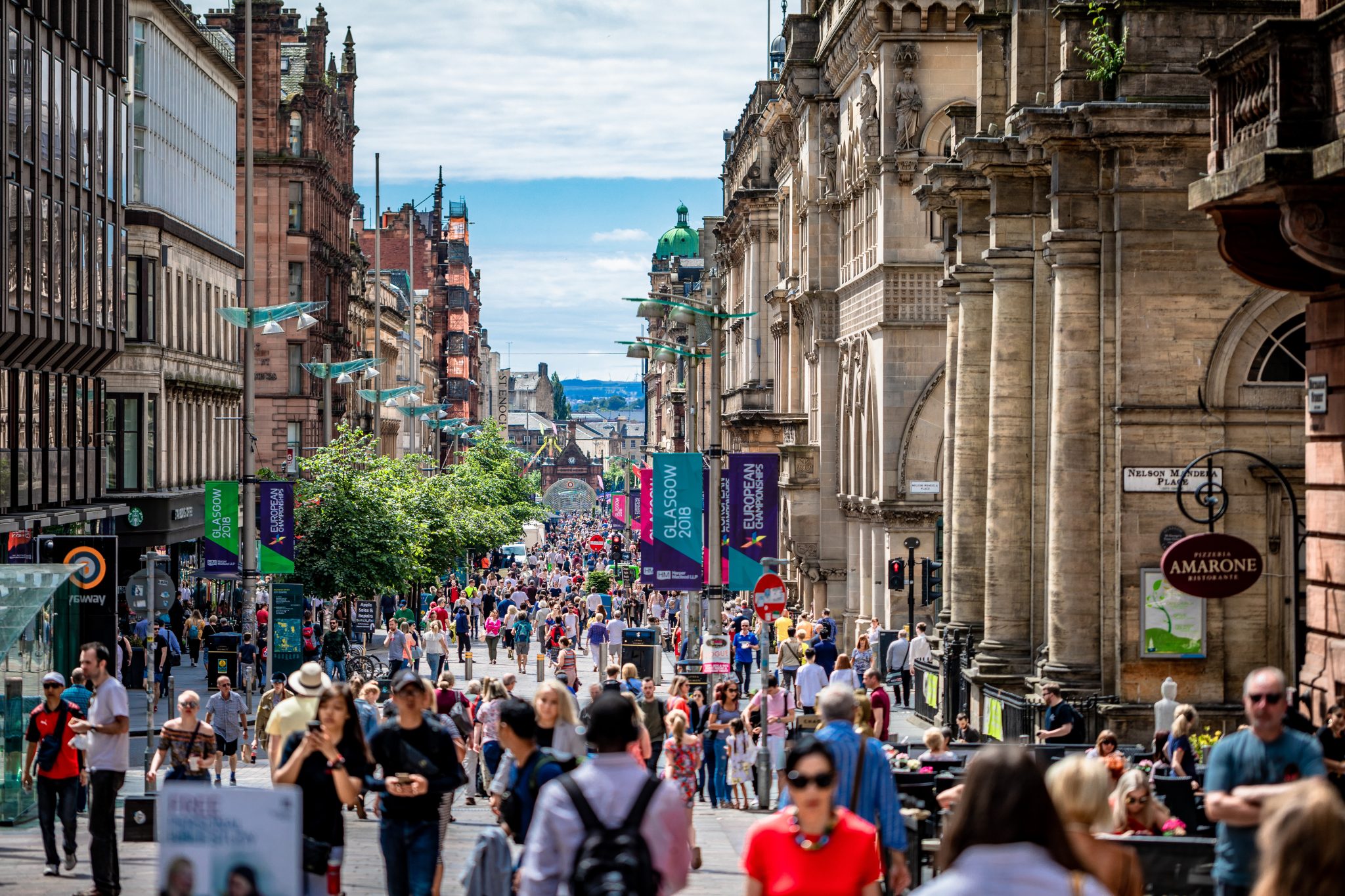An important piece of research dropped into the public domain last month, holding up a powerful mirror to many of Britain’s biggest problems. Tucked away in an Office for National Statistics report was news that Britons’ sense of belonging to their community has fallen over the past five years along with positive engagement with neighbours.
It was a snapshot of an increasingly atomised Britain, where fractured communities, loss of identity and the fraying of our social fabric is driving deeper political and social divisions.
This is something I see frequently across the UK in towns that are haemorrhaging civic pride. The sense of decay, loneliness and lack of community spirit is palpable – and the public are fed up with it.
The Office for National Statistics research is not an outlier. According to research this week by the Onward think tank, seven in ten people believe their sense of local community has declined in their lifetime. And a recent national survey conducted by the respected UPP Foundation, which asked people what the biggest challenge facing their area was, found that after housing on 49%, the second biggest issue was high streets on 48%, the same score as the NHS.
People care passionately about their communities. They want to see bustling high streets and vibrant places where they can meet, spend time together and feel safe. And they want to live in areas defined by good facilities, healthy streets, trust, friendliness and openness. Not hollowed out neighbourhoods, isolation, suspicion and fear.
But evoking this sense of community has no great appeal to politicians. Nurturing a sense of community is seen as too intangible. They would rather talk about futuristic bridges from Scotland to Northern Ireland. Photo opportunities showcasing community spirit are not sexy. But a photo op wearing a hard hat and high viz vest on a construction site is.
This week’s budget was expected to be a prelude to many such photos. But now that the National Infrastructure Plan, which was supposed to be published alongside the Budget, has been delayed, critics are understandably going to accuse the government of climbing down on their levelling up agenda.
The omission of big ticket items will test people’s patience given the desperate need for investment in roads, transport and housing. Yet while, this may come to be remembered as the Coronavirus Budget, we shouldn’t lose sight of the pressing need to build social capital too. We will never fully unlock the north’s potential without it. Because people are the greatest asset we have.
We may be entering a period of ‘big’ government in that the fiscal brakes are off, but, paradoxically, politics feels smaller than ever. The big challenges of our time seem beyond the capabilities of Westminster and that’s why talk of levelling up will struggle to make a real difference until our leaders recognise the importance of the soft infrastructure that holds society together.
We need to invest in people, community facilities and the glue that supports a healthy social fabric. And if we get this right and start rebuilding our communities then the knock on effect on issues like crime and health will be strongly felt. Strong communities always save the Treasury money because they create opportunity and make resilient economies.
However, there isn’t one big lever or silver bullet announcement that can solve this. It’s the little things that make community.
The absence of major regeneration commitments in this week’s Budget is an opportunity for a bigger emphasis on smaller announcements to support communities. Politicians are always looking for big ideas and eye-catching policies to create a retail offer for voters. But the challenge of civic renewal requires a different mindset. Our politicians need to understand that the next big thing is going to be a thousand small things.


